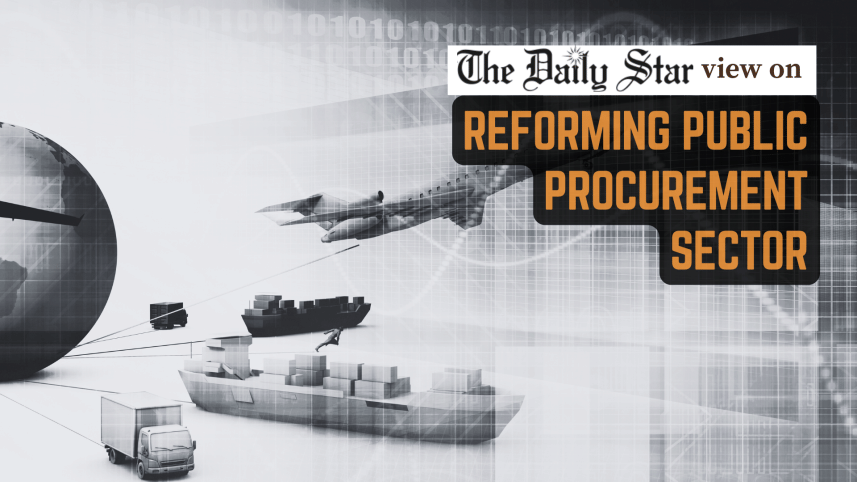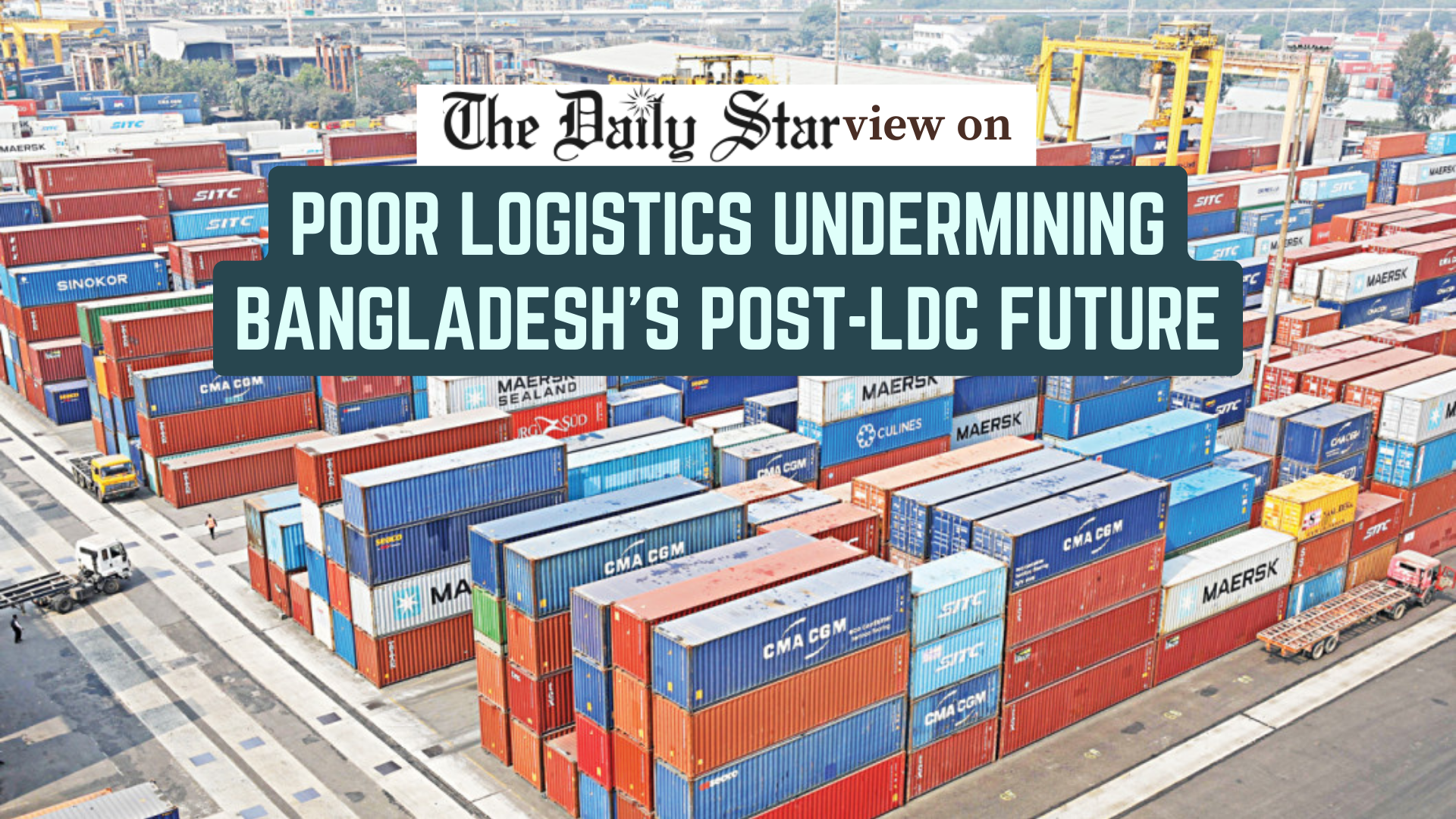A fresh start for the public procurement sector?

About two decades ago, Bangladesh established a legal framework for public procurement, aiming to ensure transparency and efficiency. Yet, the system has remained less a mechanism for effective state spending and more a game of rent-seeking and collusion. It is against this backdrop that the interim government has unveiled its draft Public Procurement Rules, 2025, a set of reforms that promise greater transparency and accountability.
The single most consequential change is the removal of a controversial provision that disqualified any tender bid more than 10 percent above or below the government's estimated cost for a project. This seemingly innocuous clause was, in reality, a gaping loophole that invited corruption. As officials from the Bangladesh Public Procurement Authority have candidly admitted, the rule made it difficult to prevent political interference. It was a tool exploited by both unscrupulous officials and politically connected entities for personal gain. Its elimination signals a commitment to curbing procurement-related corruption.
Crucially, the new rules also aim to build a more resilient system. At the heart of this ambition is a push for digitalisation. The plan to introduce a fully digital procurement system, complete with an electronic content management platform and an e-payment system, is a positive move. The existing e-GP system has already delivered remarkable results, with annual cost savings of an estimated $150 million—enough to build 1,500 kilometres of rural roads or 3,000 primary schools. Competition has doubled, with the average number of bids per invitation increasing from four to eight. Now, by allowing contractors to submit bids, bills, and performance securities online, the reforms will further reduce physical interaction. This digital shield is perhaps the most effective tool to sever the unofficial, and often corrupt, ties.
The single most consequential change is the removal of a controversial provision that disqualified any tender bid more than 10 percent above or below the government's estimated cost for a project. This seemingly innocuous clause was, in reality, a gaping loophole that invited corruption. As officials from the Bangladesh Public Procurement Authority have candidly admitted, the rule made it difficult to prevent political interference. It was a tool exploited by both unscrupulous officials and politically connected entities for personal gain.
Additionally, tighter subcontracting rules, which will limit such work to a maximum of 30 percent of the total contract value, directly address another major vector for corruption. The requirement for foreign bidders to partner with local IT firms is a commendable move and will foster domestic innovation. The inclusion of micro and small enterprises and NGOs, particularly in consultancy services for health and social sectors, signals a welcome shift towards a more inclusive economy.
The architects of these reforms are right to align them with international best practices. With a proposed 153 rules, the draft represents a comprehensive overhaul. However, the true test of these rules will be in their implementation. The introduction of beneficial ownership disclosure is a vital step for accountability, but it must be backed by a strong, independent oversight mechanism. In a country where effective project implementation has often been hampered by a lack of good governance and institutional capacity, the new rules offer a moment of hope. The task ahead is to ensure that the government's promise is fully realised, and the new rules are used as a fair tool for the benefit of all.



 For all latest news, follow The Daily Star's Google News channel.
For all latest news, follow The Daily Star's Google News channel. 

Comments